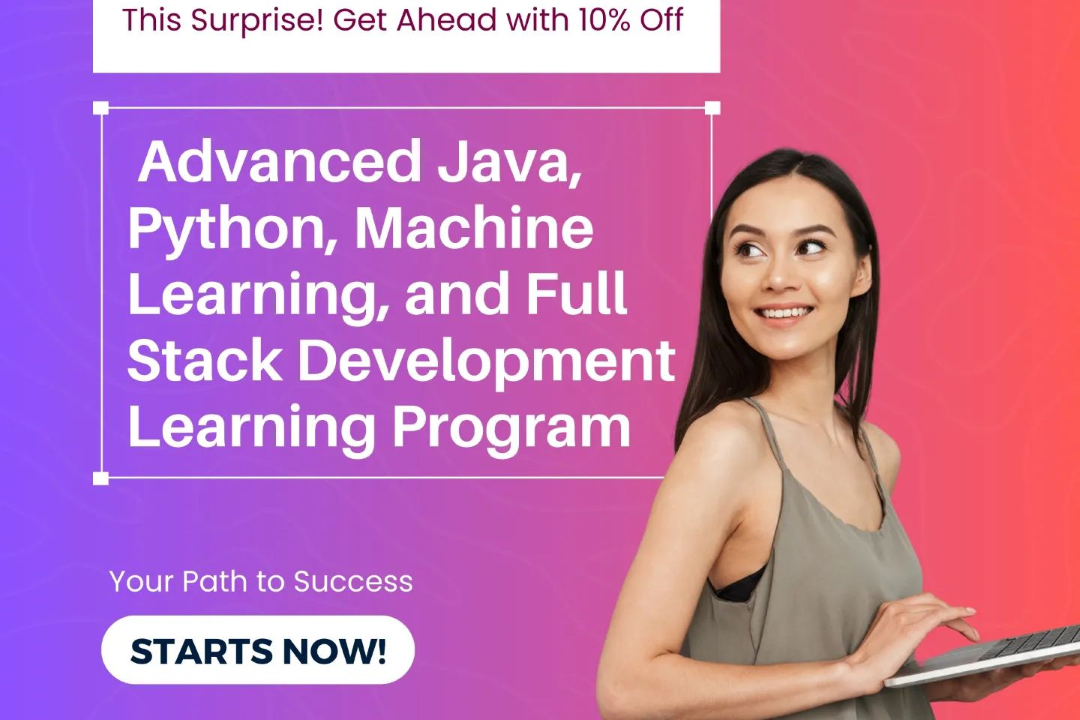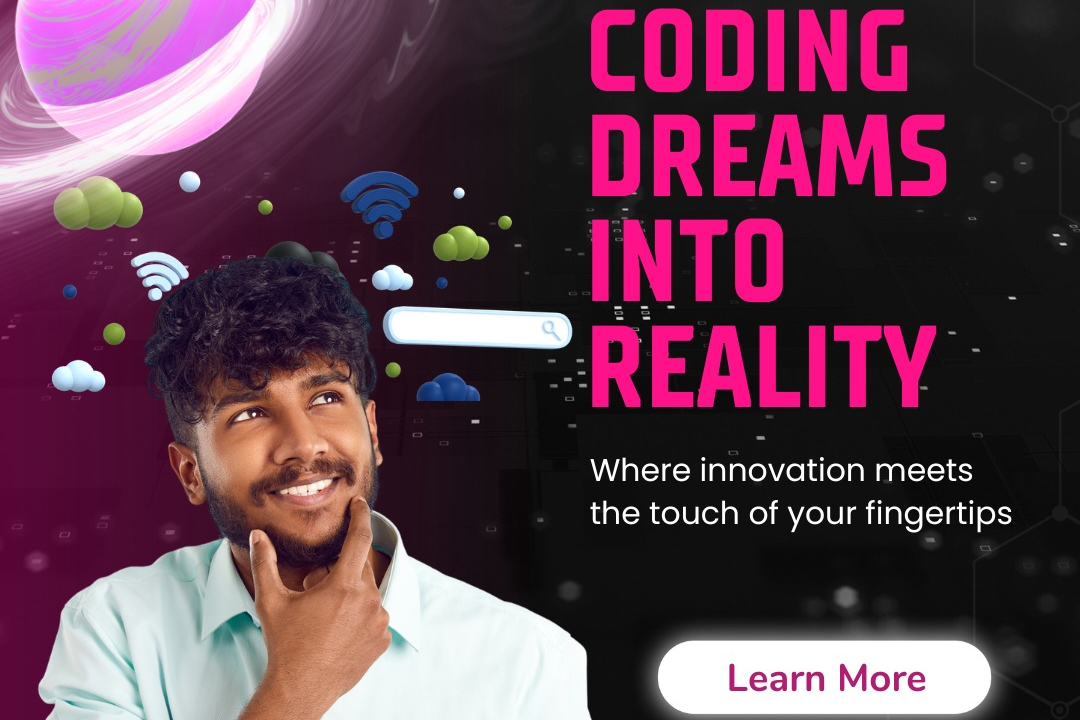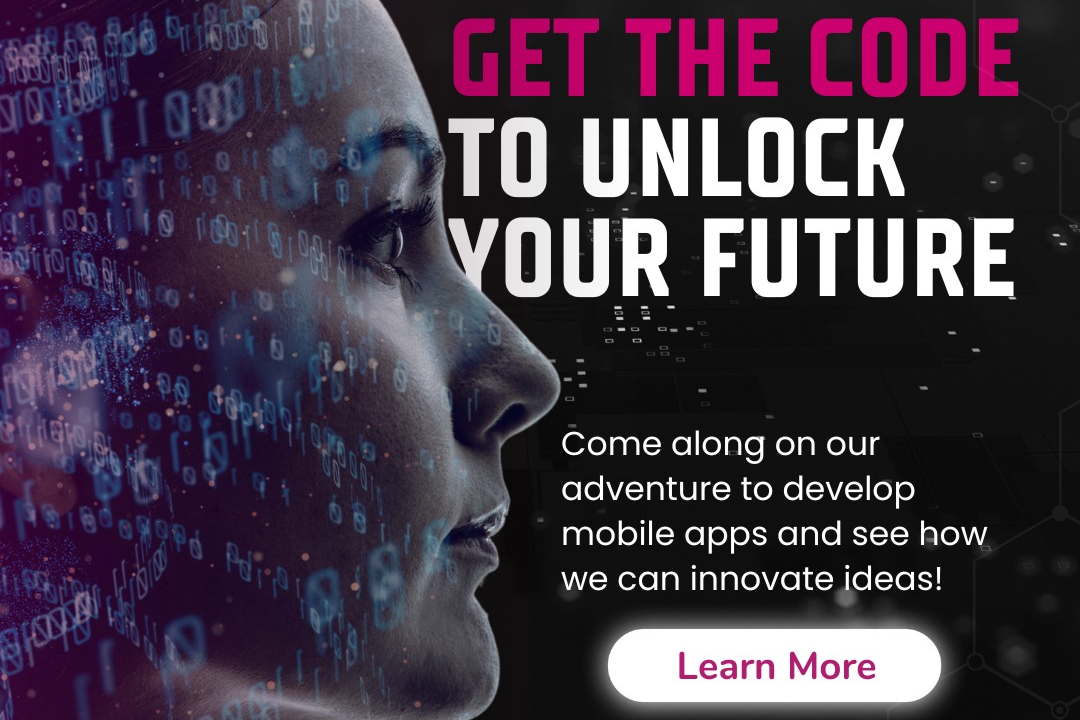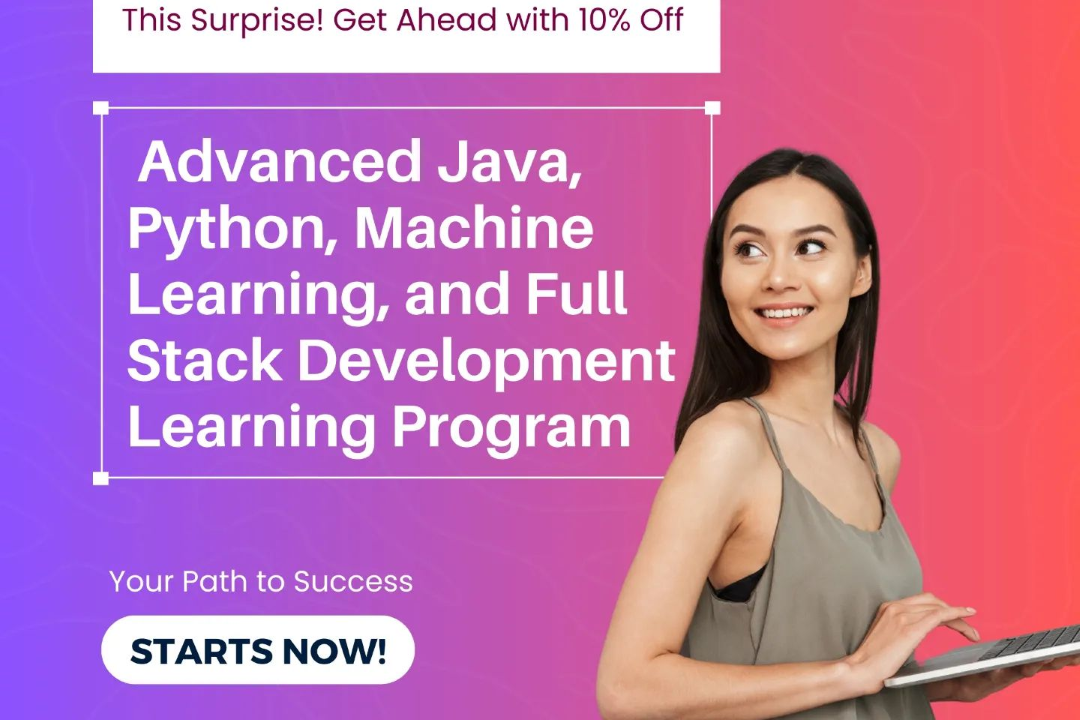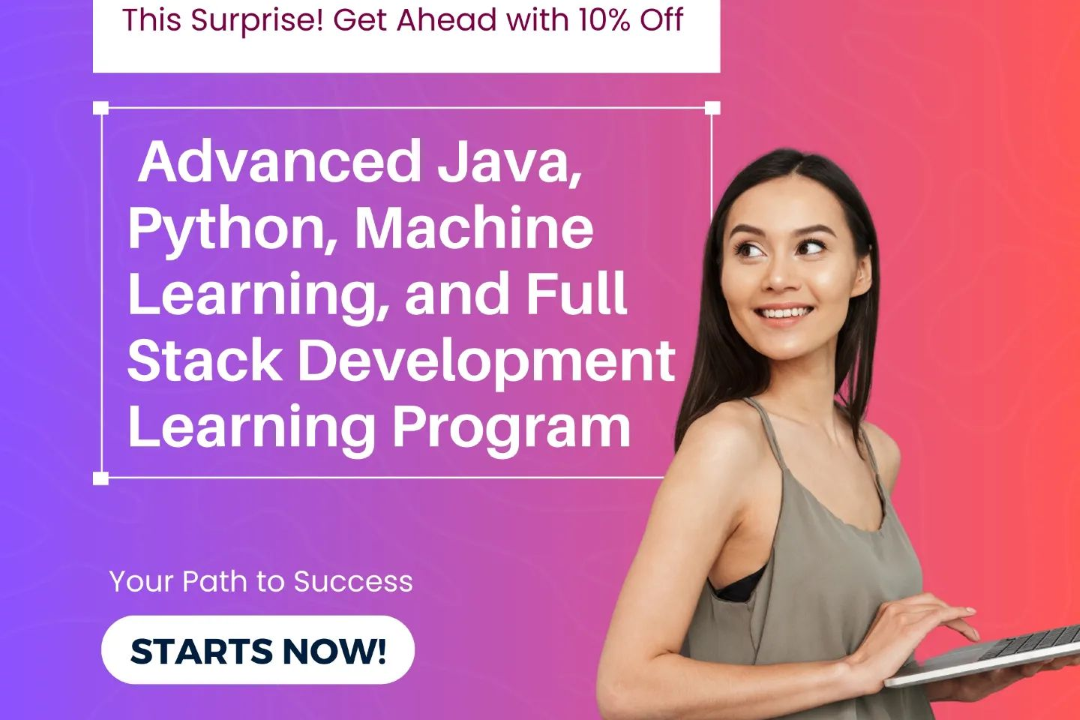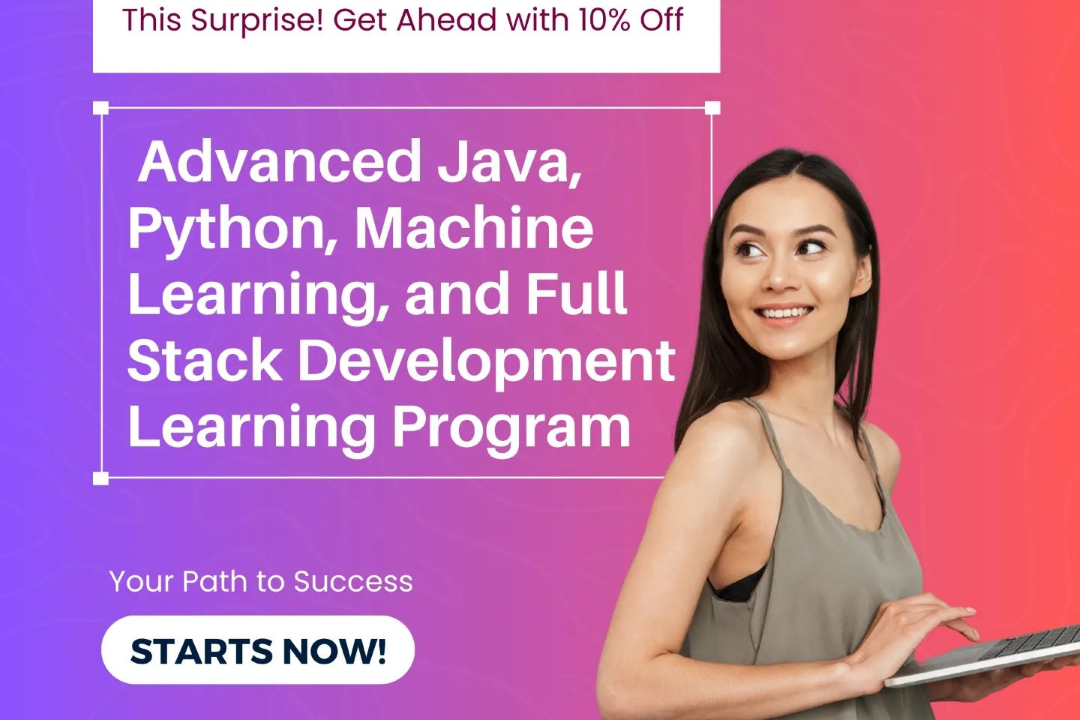Flutter Technical Interview Questions
Flutter technical interview questions are tailored to evaluate a developer's knowledge and proficien
Flutter Technical Interview Questions
Flutter technical interview questions serve as a crucial tool for both candidates and employers in the mobile app development landscape. For candidates, these questions provide an opportunity to demonstrate their understanding of the Flutter framework, as well as their ability to build efficient and responsive applications. For employers, they help in evaluating a candidate's technical expertise, problem-solving skills, and familiarity with key concepts like widget trees, state management, and Dart programming. This targeted assessment ensures that the right candidates are found, aligning their skills and knowledge with the demands of modern app development projects, ultimately contributing to the success of the development team and the organization as a whole.
To Download Our Brochure: Download
Message us for more information: Click Here
Flutter technical interview questions serve as a crucial tool for both candidates and employers in the mobile app development landscape. For candidates, these questions provide an opportunity to demonstrate their understanding of the Flutter framework, as well as their ability to build efficient and responsive applications. For employers, they help in evaluating a candidate's technical expertise, problem solving skills, and familiarity with key concepts like widget trees, state management, and Dart programming. This targeted assessment ensures that the right candidates are found, aligning their skills and knowledge with the demands of modern app development projects, ultimately contributing to the success of the development team and the organization as a whole.
Course Overview
The “Flutter Technical Interview Questions” course at JustAcademy is designed to equip aspiring developers with the essential knowledge and skills needed to excel in Flutter job interviews. This comprehensive course covers a wide array of topics, including key Flutter concepts, Dart programming fundamentals, widget lifecycle, state management techniques, and best practices for building mobile applications. Through a series of real-time project simulations and hands-on coding exercises, participants will not only enhance their understanding of the Flutter framework but also gain the confidence to tackle common interview questions effectively. By the end of the course, learners will be well-prepared to impress potential employers and secure rewarding opportunities in the fast-growing field of mobile app development.
Course Description
The “Flutter Technical Interview Questions” course at JustAcademy offers an in-depth exploration of the crucial topics and concepts that candidates need to master for successful Flutter job interviews. This course provides comprehensive coverage of the Flutter framework and Dart programming language, enabling learners to understand core principles such as widget structures, state management, and design patterns. Through practical exercises and real-time project simulations, participants will refine their problem-solving skills and gain confidence in answering technical interview questions. By engaging with expert-led discussions and hands-on coding sessions, students will be well-prepared to tackle interviews and stand out in the competitive field of mobile app development.
Key Features
1 - Comprehensive Tool Coverage: Provides hands-on training with a range of industry-standard testing tools, including Selenium, JIRA, LoadRunner, and TestRail.
2) Practical Exercises: Features real-world exercises and case studies to apply tools in various testing scenarios.
3) Interactive Learning: Includes interactive sessions with industry experts for personalized feedback and guidance.
4) Detailed Tutorials: Offers extensive tutorials and documentation on tool functionalities and best practices.
5) Advanced Techniques: Covers both fundamental and advanced techniques for using testing tools effectively.
6) Data Visualization: Integrates tools for visualizing test metrics and results, enhancing data interpretation and decision-making.
7) Tool Integration: Teaches how to integrate testing tools into the software development lifecycle for streamlined workflows.
8) Project-Based Learning: Focuses on project-based learning to build practical skills and create a portfolio of completed tasks.
9) Career Support: Provides resources and support for applying learned skills to real-world job scenarios, including resume building and interview preparation.
10) Up-to-Date Content: Ensures that course materials reflect the latest industry standards and tool updates.
Benefits of taking our course
Functional Tools
1 - Flutter SDK
The Flutter Software Development Kit (SDK) serves as the core tool for developing applications using Flutter. It includes a rich set of pre built widgets, tools for creating custom UI components, and essential libraries for managing state, handling gestures, and routing. Participants gain hands on experience with the Flutter SDK, allowing them to create visually appealing and responsive apps that can run on multiple platforms, including iOS and Android. Understanding how to effectively utilize the SDK not only enhances coding skills but also prepares students for technical interviews where knowledge of the SDK's functionalities is often assessed.
2) Dart Programming Language
Dart is the primary programming language used with Flutter, making it essential for students to gain proficiency in it. The course incorporates Dart fundamentals, such as object oriented programming principles, asynchronous programming, and null safety features. Students learn how to write efficient and robust code by exploring Dart’s syntax and features. Mastery of Dart allows learners to express their technical knowledge effectively during interviews, showcasing their ability to solve complex problems and build scalable applications.
3) Integrated Development Environment (IDE)
Participants are introduced to popular IDEs such as Android Studio and Visual Studio Code, which are commonly used in Flutter development. These IDEs provide powerful tools for code writing, debugging, and project management. The training emphasizes configuring the IDE for optimal use, leveraging extensions and plugins, and utilizing debugging tools to identify and fix errors efficiently. Familiarity with these environments is critical for candidates to demonstrate their readiness to work in professional settings.
4) Version Control Systems (Git)
Understanding version control is vital for modern software development. This course integrates Git, a widely used version control system, into the curriculum. Students learn to manage code changes, collaborate with teammates, and maintain project history through practical exercises. Proficiency in Git not only enhances teamwork during coding projects but also cultivates essential skills that interviewers look for in candidates, highlighting their ability to work effectively in collaborative environments.
5) Postman (API Testing Tool)
Postman is introduced as a tool for testing APIs, an essential skill for mobile app developers working with backend services. The training covers creating requests, validating responses, and automating tests, enabling students to ensure their applications interact seamlessly with server side components. Mastering Postman empowers students to showcase their knowledge of API integration during interviews, adding depth to their practical skill set.
6) Firebase
Firebase is integrated into the course as a backend as a service solution, widely used in Flutter applications. Participants explore Firebase’s features, including real time databases, authentication, cloud functions, and analytics. By working with Firebase, students learn how to build full featured applications that leverage cloud capabilities, which are key components in modern app development. Familiarity with Firebase allows candidates to respond to interview questions related to backend integrations confidently and effectively.
7) Responsive Design Principles
Understanding responsive design is crucial for developing applications that provide an optimal user experience across various devices and screen sizes. The course covers the principles of responsive design, including layout techniques, adaptable widgets, and fluid typography. Students practice creating layouts that adjust seamlessly, ensuring that their applications are visually appealing and functional on any screen. Knowledge of responsive design principles enhances a candidate's employability, showcasing their commitment to user centered development.
8) State Management Solutions
State management is a critical aspect of Flutter development that influences app architecture and performance. This course introduces students to different state management solutions, including Provider, Riverpod, and BLoC (Business Logic Component). Participants engage in hands on projects to implement these solutions, learning to maintain and manage state effectively. A solid understanding of state management can set candidates apart in technical interviews, demonstrating their capability to build scalable and maintainable applications.
9) UI/UX Design Fundamentals
A solid grasp of UI/UX design principles significantly enhances an app's success. The training incorporates essential UI/UX concepts, such as user research, wireframing, prototyping, and usability testing. Students learn to create user friendly interfaces and improve user satisfaction through practical exercises. This knowledge is valuable in interviews, as it allows candidates to discuss how their design decisions cater to user needs and enhance overall application usability.
10) Networking and API Integration
Integrating applications with external services often involves working with RESTful APIs and handling network requests. This course provides comprehensive training on making HTTP requests, managing asynchronous responses, and parsing JSON data within Flutter applications. Students select real world APIs to work with, gaining practical experience essential for modern app development. Proficiency in networking and API integration is a sought after skill during interviews, as it showcases a candidate's ability to connect applications to vital data sources.
11 - Testing and Debugging Techniques
Quality assurance is a cornerstone of software development. This training covers various testing methodologies, including unit testing, widget testing, and integration testing in Flutter. Students learn to write test cases, debug their applications effectively, and ensure code reliability before deployment. Familiarity with testing and debugging tools enhances a candidate’s appeal in the job market, demonstrating their commitment to creating high quality applications.
12) Deployment and App Store Submission
Understanding the process of deploying applications and submitting them to app stores is crucial for any mobile developer. The course guides students through the steps of preparing their Flutter apps for deployment, including app signing, creating build releases, and complying with app store guidelines. Knowledge of this process equips candidates to tackle deployment related questions confidently in interviews and illustrates their readiness to take applications from development to market.
13) Real time Project Experience
Hands on experience is invaluable when preparing for a career in mobile development. Students engage in real time projects throughout the course, applying their skills to solve real world problems. These projects not only enhance learning but also serve as portfolio pieces that candidates can present during interviews, showcasing their ability to deliver functional applications. Practical experience with real time projects differentiates candidates in a competitive job landscape.
14) Continuous Learning and Industry Trends
The tech landscape is constantly evolving, and staying updated is essential for any developer. The course emphasizes the importance of continuous learning and keeping abreast of industry trends, best practices, and new tools in the Flutter ecosystem. Encouraging lifelong learning equips candidates to adapt swiftly to changes in technology and showcases their commitment to professional development during interviews.
15) Collaboration and Teamwork
In software development, teamwork is essential. This course emphasizes collaboration through group projects and peer code reviews, mimicking real world development environments. Students learn to communicate effectively, share code, and integrate feedback within a team context. Strong teamwork and collaboration skills are highly valued by employers, positioning candidates favorably in interviews.
These additional points further enhance the comprehensive nature of the Flutter development course offered by JustAcademy, ensuring that graduates are well equipped for successful careers in mobile app development.
Browse our course links : Click Here
To Join our FREE DEMO Session: Click Here
This information is sourced from JustAcademy
Contact Info:
Roshan Chaturvedi
Message us on Whatsapp: Click Here
Email id: Click Here
